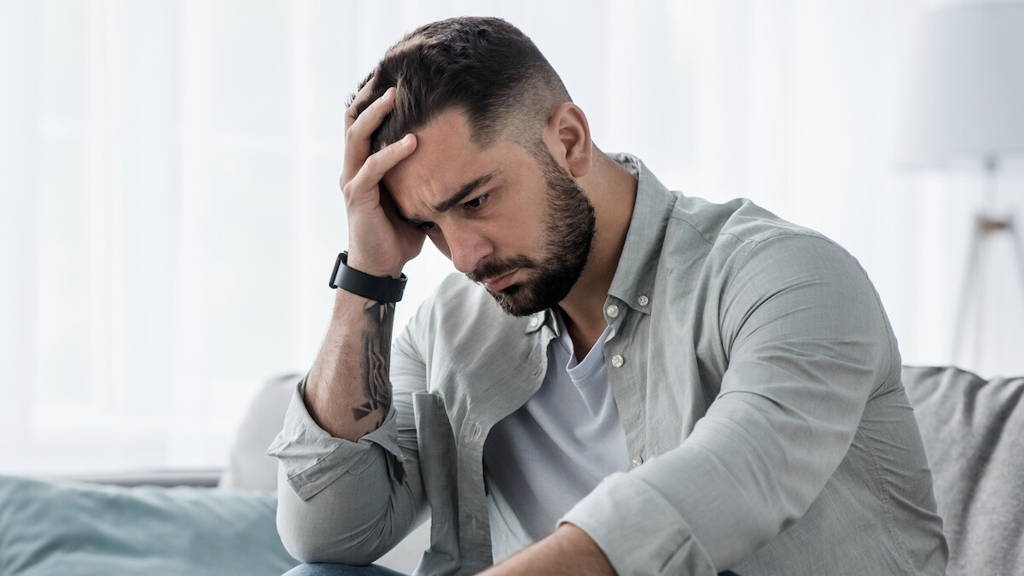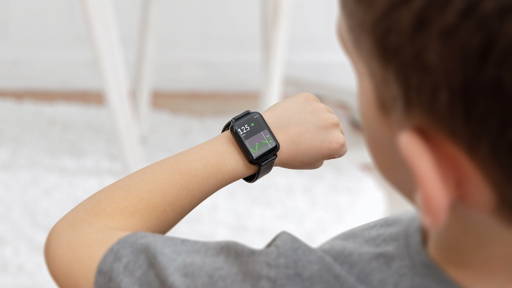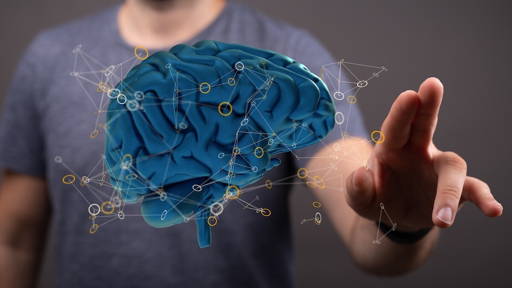Deep brain stimulation (DBS) offers hope for people with severe depression or obsessive-compulsive disorder who have not benefited sufficiently from conventional treatments. Although DBS is currently only available to a select group of patients, new research results from Amsterdam UMC in the Netherlands point to a potentially broader application of this advanced neurostimulation technology.
DBS is still used to a limited extent in psychiatry. The treatment involves implanting electrodes that send electrical signals to specific areas of the brain to regulate dysfunctional activity. This technique has long proven its value in neurology, for example in the treatment of Parkinson's disease. In psychiatry, DBS is mainly used for treatment-resistant obsessive-compulsive disorder (OCD) and severe depression, often resulting in significant symptom reduction.
Yet many patients are not offered this treatment. ‘There are assumptions in the field about which types of depression do or do not respond well to DBS,’ says Gosse Mol, psychiatrist in training and researcher at Amsterdam UMC. ‘As a result, many patients are currently excluded from this potentially effective therapy.’
Large-scale research
To test these assumptions, Mol and his colleagues conducted a large-scale analysis of 7,766 scientific publications, of which 22 studies with data from a total of 294 patients were examined in more detail. Their conclusion: there are currently no known clinical or demographic factors that reliably predict whether someone will benefit from DBS.
‘This does not mean that such characteristics do not exist,’ Mol emphasises, ‘but that we do not yet know them. If we continue to exclude patients on the basis of unproven assumptions, we not only deprive them of a possible treatment, but we also hinder further knowledge development.’ The results of the study have been published in Science Direct.
Individual assessment
Instead of standard criteria, Amsterdam UMC advocates an individual assessment for each patient. This assessment takes into account the entire treatment process, the severity and duration of the symptoms, and the opinion of the practitioners involved. The patient and their loved ones are also actively involved in the decision-making process. ‘Shared decision-making is crucial in a radical treatment such as DBS,’ says Mol.
The results underscore the need to revise the current selection criteria and open the door to a future in which DBS becomes more accessible to a broader group of patients. This brings high-quality, personalised neurotechnology one step closer to mental health care.
Deep Brain Stimulation
Deep Brain Stimulation has been used successfully for some time in the treatment of patients with Parkinson's disease. The technology for this, and treatment options, are constantly evolving. A good example of this is the so-called adaptive Deep Brain Stimulation, which was tested a few months ago by researchers at the UMC Groningen. Unlike standard DBS, aDBS continuously adjusts the stimulation based on brain activity, leading to fewer side effects and better movement control.
This personalised treatment offers greater comfort, as patients suffer less from over- or under-stimulation. The UMCG is working with international partners on further development and is testing the technology in a clinical trial. The aim is to make the treatment widely available to Parkinson's patients worldwide.







